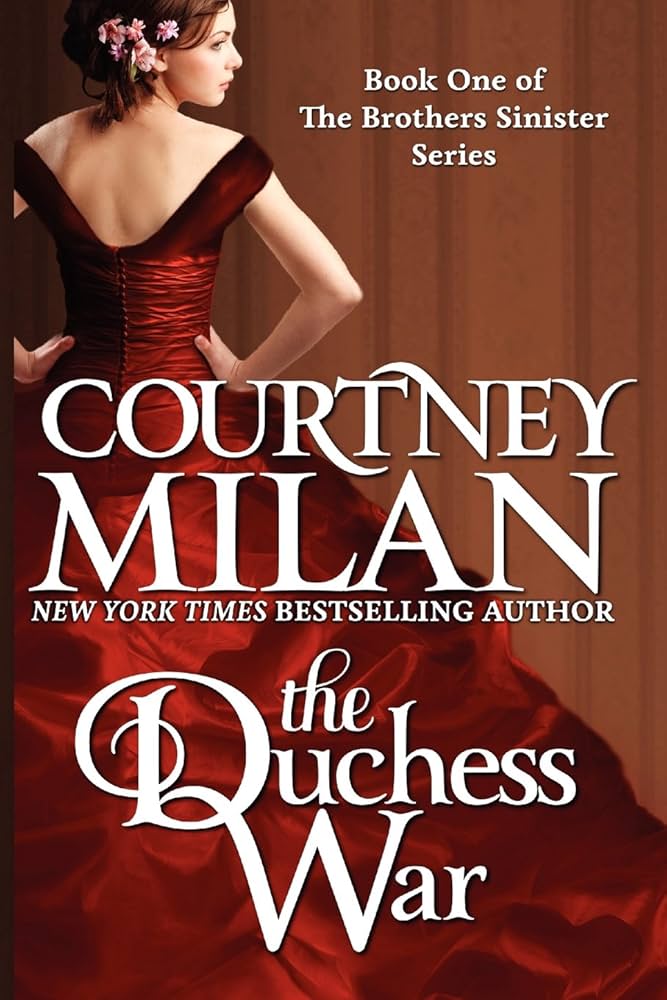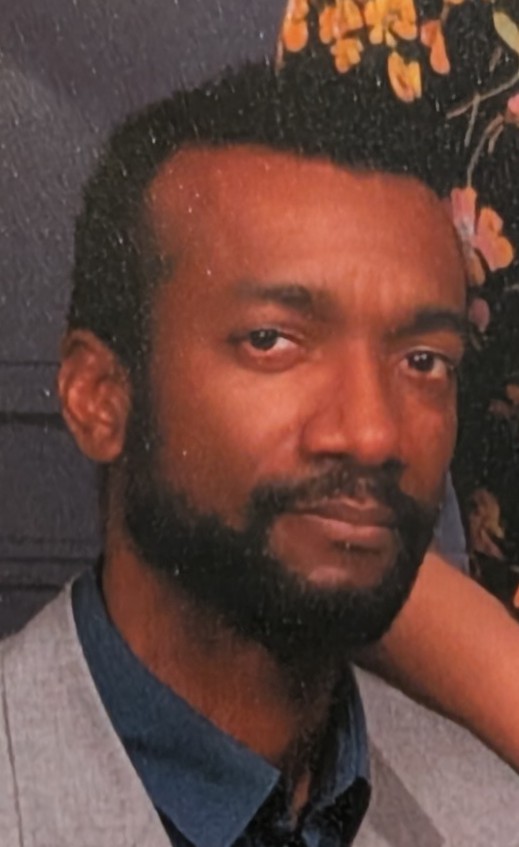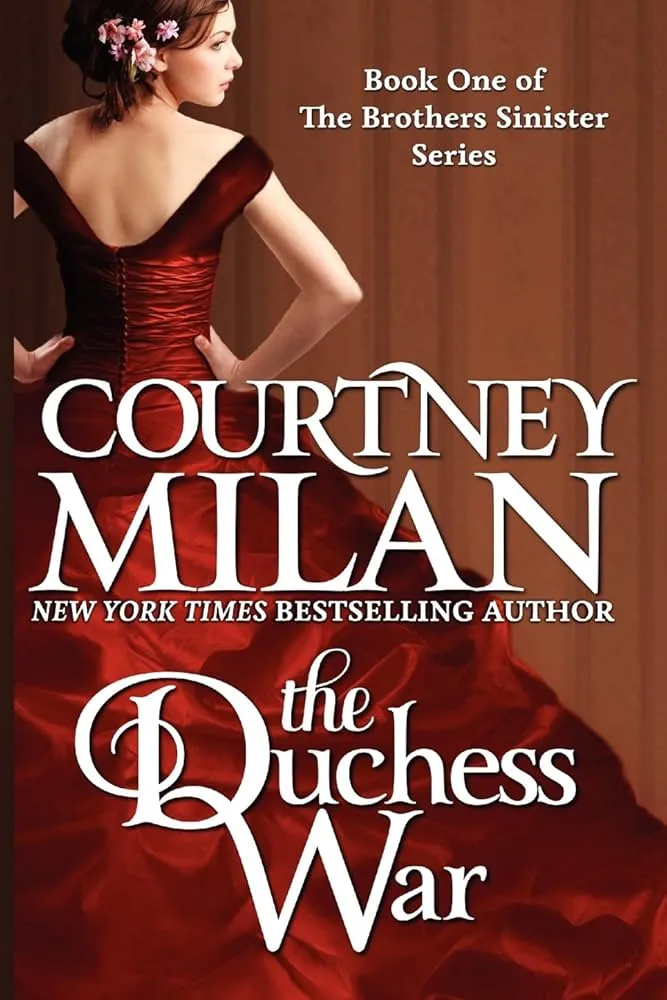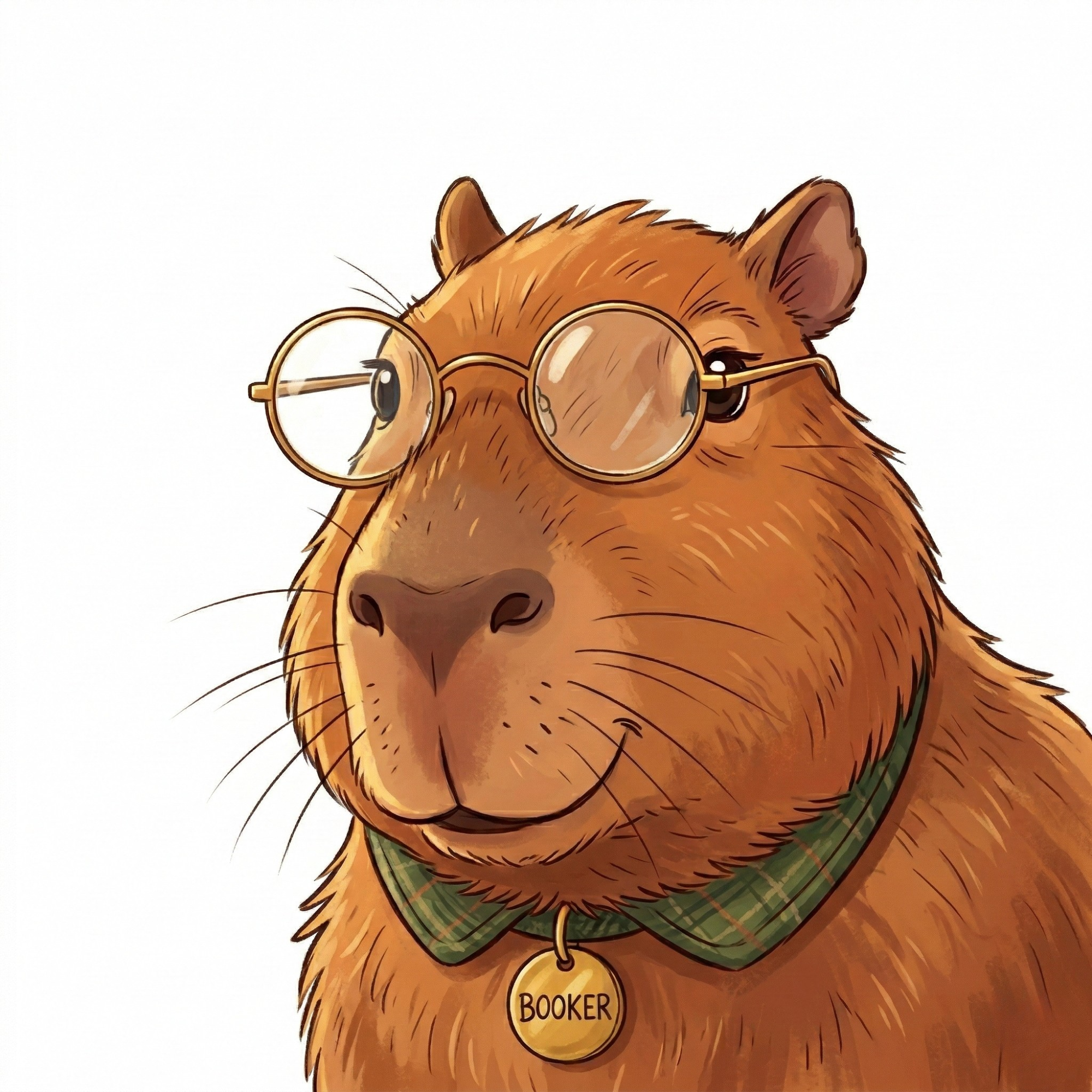>when does history become fantasy?
notes from an analysis of Courtney Milan's writing:
Analysis

Keith's Insights

Transcript
Struggling with Contemporary Historical Fiction
So this is one of those analysis of Courtney Milan's work, The Duchess War and others that I just struggled with.
I struggle with because whenever I read some type of contemporary historical fiction and a lot of it is female centric, I'm already like, man, I don't know about this.
Because I mean, I think the advice in the analysis kind of, well, not the advice, but just kind of the analysis itself was basically like, yeah, don't be afraid to go back and find those exceptions, those historical exceptions and bring them out.
And then as long as you construct convincing enough world around them, then it's fine as long as it's, you have good characters and you do the people justice or do whatever group you're trying to represent.
And I'm just like, I get what they're saying and I get the intent behind it.
It's like, was it possible that there could be this fiercely independent woman back in Victorian England or colonial America?
Sure, of course, there were probably tons of them.
But I just struggle with, there's a line there that's too easy to cross that I find a lot of contemporary writers, historical fiction writers tend to go to the other extreme.
To where they're finding the exception so much and building the world so much to where it's like, you should not call this historical fiction.
It's totally fantasy at this point to me.
And yeah, I feel like I've yet to read a contemporary book historical fiction that is heroine focused, that is female centric, that has not crossed over into basically mapping current views of gender and sexuality and values onto those historical, that historical setting.
And I just don't like that.
I read a lot of history, I study a lot of history and you are taking something, you're basically taking historical setting, a backdrop, and then you're placing a character in there that could have been transported from the 21st century into that.
And I just don't jive with that.
Yeah, it should just basically be called fantasy at that point.
Lessons I Agreed With
There were some other good ideas in the analysis though, as far as some of the things that she does.
And a lot of them I already do.
A big one is it's show don't tell, but it's more than that.
I think show don't tell, I don't really like that, it's just kind of generic advice, but it is true.
When you're introducing, you're saying, don't say just the character was overwhelmed, manifest those things into physical actions, into reactions, into dialogue.
Those things tell a character's mood and state and their potential struggle better than if you just say, they were overwhelmed, they were pissed off or whatever.
I mean, I feel like if you are an experienced writer of any experience, you know this, this is kind of thing.
But I've found it's easy to get lazy, especially the longer you spend with a project and especially if you're on some type of deadline or something.
It's easy to just be like, okay, I'm just gonna put this in as a placeholder and then I'll come back to it later and you never come back to it.
We have to watch out for that.
And I've gotten better at in the moment, you know, I'll give something that, or I'll put something down that I know is not ideal, but then I'm like, okay, it works for me there.
Avoiding Character Overload
Another pitfall was introducing characters that introducing too many characters at the same time.
I've always not had trouble with that when it's just like half a dozen characters and it's like, okay, even if they stand out and they're unique, then, you know, it's a problem.
It's just too hard to keep up with.
The “Trope, You’re Not the Boss of Me” Mindset
The last thing that I really liked from this analysis was apparently she's quoted as having said, you know, trope, you're not the boss of me.
And apparently she's really good at weaving in her background.
I guess she used to be a lawyer.
And so she puts that into her stories and I think that's powerful.
I think that's something we have to remember.
I know I have to remind myself as an author of certain experiences.
Yeah, put that in in some way.
And I know I do this in my stories, you know, as far as military game tech fiction, being a military veteran, having been a cop.
Yeah, I put those things in all the time to where this is a unique perspective that only I could have.
But then when you put that uniqueness in, you offset it with the tropes, but you don't let the tropes just scaffold the story.
Tropes Aren’t the Frame
And especially in this age of AI, where you can put together a competent story by just saying, I want a romance, I want a lesbian romance with a love triangle and enemies to lovers.
And you can just say that and you can get a decent output from any AI.
But really where good writing stands out is it's not just about the tropes.
The tropes are not the frame for the story.
The frame is something else.
The frame could be the actual character.
The frame could be certain themes or it could be a process.
Like I know, for example, in my upcoming novel, Grief Algorithm, the frame for Grief Algorithm for the ex-wife, her story, are the stages of grief because that's what she's going through through her divorce.
And so that becomes the framing instead of her...
I'm not even sure if it would map to a traditional story framework as it is, but that's the frame I thought of in my mind.
And so you can get creative about what the frame of your story is.
It doesn't just have to be the tropes.
You don't have to just insert the tropes to subvert them.
When “Subversion” Becomes a Trope
When I hear a subversion of a trope or something like that, maybe I've just been burned by too many modern movies who say that they're subverting certain tropes, but then those subversions in themselves have become so mainstream and predictable that it's like, okay, are you really subverting it?
You're basically...
Your subversion has become the trope.
I'm thinking of Marvel movies to where this...
It's not just Marvel movies either, but it's just this idea of the anti-hero.
Are you really subverting the typical hero narrative or are you just being like every other movie where that has been a popular thing recently?
So that's something that I thought about after listening to this one.


